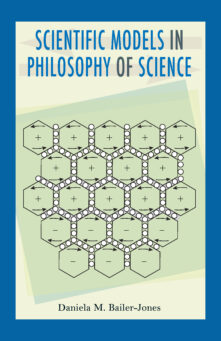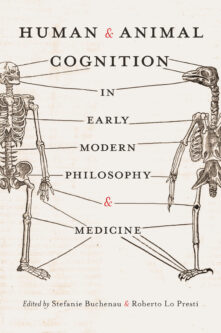Books

On Leibniz
Expanded Edition
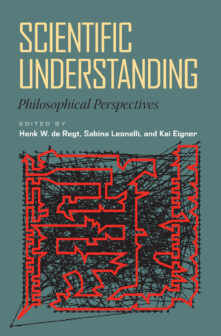
Scientific Understanding
Philosophical Perspectives

Shifting Standards
Experiments in Particle Physics in the Twentieth Century
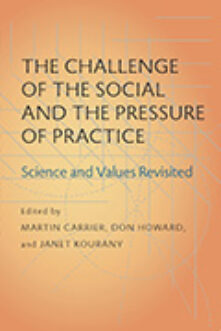
The Challenge of the Social and the Pressure of Practice
Science and Values Revisited
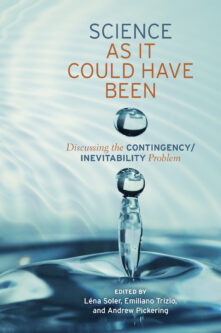
Science as It Could Have Been
Discussing the Contingency/Inevitability Problem
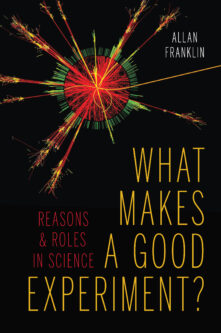
What Makes a Good Experiment?
Reasons and Roles in Science
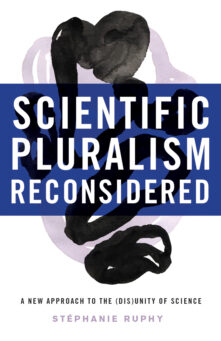
Scientific Pluralism Reconsidered
A New Approach to the (Dis)Unity of Science
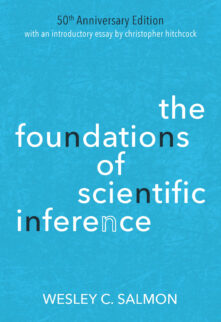
The Foundations of Scientific Inference
50th Anniversary Edition

Nature From Within
Gustav Theodor Fechner And His Psychophysical Worldview
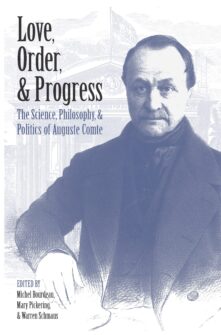
Love, Order, and Progress
The Science, Philosophy, and Politics of Auguste Comte

Above the Gene, Beyond Biology
Toward a Philosophy of Epigenetics

Liberty and the Pursuit of Knowledge
Charles Renouvier's Political Philosophy of Science
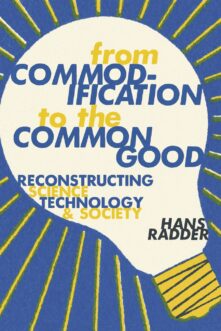
From Commodification to the Common Good
Reconstructing Science, Technology, and Society
Total 34 results found.


